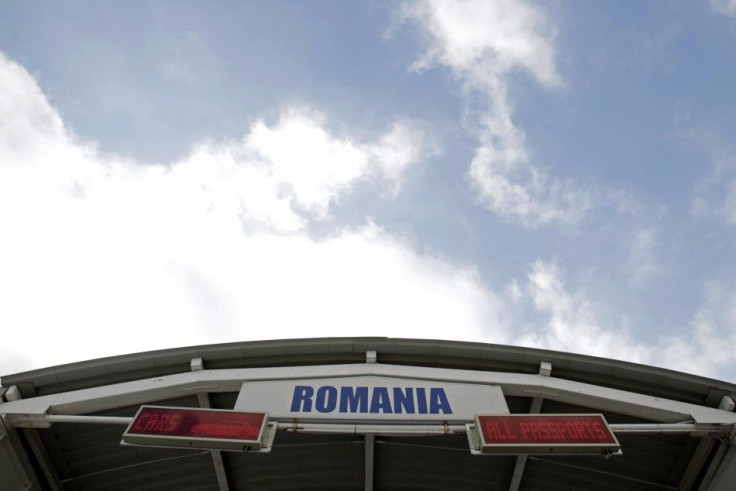Dutch To Delay Vote on Allowing Bulgaria and Romania Into Schengen

The Netherlands said it will postpone until next year any decision on allowing Bulgaria and Romania into the Schengen zone (which would allow for passport-free travel between the Schengen states).
Although the European Parliament passed a proposal yesterday to welcome the two Balkan nations into Schengen, the Dutch Immigration Minister Gerd Leers said it is imperative that all adopted judicial reform measures in Romania and Bulgaria are effective and irreversible.
Leers added that his government will decide on the two nations’ bids to join Schengen next year, after looking at the next EU Commission report on their compliance with the rules.
However, European Parliament president Jerzy Buzek said: The Schengen system is providing the highest standards of border management. Romania and Bulgaria are meeting these standards today - hence, we must not delay their integration.”
Bulgaria and Romania have been members of EU since 2007 – however they need the approval of all 25 Schengen nations to join.
The principal concern over allowing Bulgaria and Romania into Schengen appears to be the fact that illegal immigrants from Turkey, the Middle East, eastern Europe and elsewhere use these countries to try to enter EU nations in western Europe. The turmoil in the Arab world has intensified the fears of an illegal influx of people into Europe.
Schengen originally came into being in June 1985, when Germany, France, Luxembourg, Belgium, and the Netherlands agreed gradually to eliminate checks at their common borders. A decade later, the Schengen nations also included Italy, Spain, Portugal and Greece. Now there are 25 members of Schengen.
Three EU nations remain outside of Schengen: UK, Ireland and Cyprus.
© Copyright IBTimes 2024. All rights reserved.











